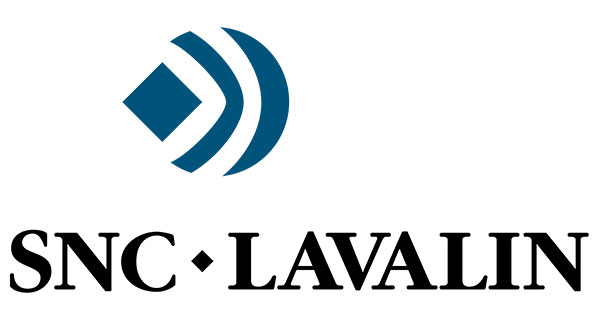 A key thing that makes the SNC-Lavalin quarrel such a showcase for corruption is its utter confusion about who did what to whom.
A key thing that makes the SNC-Lavalin quarrel such a showcase for corruption is its utter confusion about who did what to whom.
Since the uproar erupted two weeks ago as a major Globe and Mail scoop, it has become a comedy of compounding curiosities.
On Monday, it cost the prime minister’s principal secretary his job. Gerald Butts announced his departure by insisting he’d done nothing wrong yet had to leave to prevent those saying he’s done something wrong from continuing to say so. Sure. That’ll work.
Earlier, it cost Jody Wilson-Raybould the cabinet position to which she was demoted, and from which she resigned. That happened after the prime minister said her continued presence as Veterans Affairs minister “spoke for itself” that she faced no improper pressure as attorney general in the SNC-Lavalin matter, which she is forbidden by solicitor-client privilege from speaking about. Got that? All clear?
So nothing happened but two of the most senior people in the federal government are out of the jobs they had before nothing happened. Makes sense. In a kinda-sorta Ottawa way.
The default temptation is to skip trying to seriously understand the events and go straight to the electoral implications. We’re seeing that already in media commentary shifting to reporting on the prime minister’s polling numbers.
If we don’t understand what it means now, we’re best speculating about what it will mean for October’s federal election, yes?
No. We’re best digging down as close as we can to full meaning.
More worrisome is dismissing the story entirely as something no one outside Ottawa cares about. Folks in Tim Hortons aren’t talking about SNC-Lavalin, so what’s the big deal?
Actually, the correct question is whether alleged misuse of power in the prime minister’s office is best assessed by someone preoccupied with ordering a double-double.
Inability to see the error in reducing governance to ballot box prospects, or the mistake in weighing everything by how much it sparks popular talk, underscores perniciousness of corruption. Indeed, it shows us what corruption actually is.
Fingers plus cookie jar plus surveillance tape doesn’t equal corruption. It equals theft. Corruption is thinking, not doing.
It’s thinking there’s legitimacy in believing that because of what you can conceal, command or extort, you’re free to live in ways denied to law-abiding people. It’s the ingrained mental certainty that even if you get caught, you’ll always be covered because of who you are and because you always have been.
If we think about the SNC-Lavalin scandal using that definition, it becomes almost a textbook illustration of the way corruption can seep into the deep spaces of our institutions.
To be clear, I’m not saying that’s happened here. I’m saying it’s why it deserves our serious attention. Such attention should never be predicated on political horse race possibilities or what’s easily understood by someone chewing a mouthful of cruller.
What we do know about the SNC-Lavalin scandal tells us the federal cabinet, abetted by the PMO, actively debated whether the state and a law-breaking corporation should collude to supersede the rule of law because together the state and the corporation judged it in the nation’s interest.
The argument, after all, has been that thousands of SNC-Lavalin workers could lose high-paying jobs unless the company gets favourable legal treatment.
The federal director of prosecutions, an officer of the court, rejected that. Yet it continued to be a matter of closed-door political debate.
There’s a name for such political-economic thinking. Canadians fought and died in Italy to combat it.
Again, I’m not suggesting anyone even tangentially connected to the scandal noticed that ideological similarity, much less adopted it. But it’s precisely their clouded vision that makes the affair a perfect showcase for what corruption is and how it besets us institutionally: thinking it can’t happen here because of who we are and always have been.
But it can happen here if we’re distracted by who’s doing what to whom and if we’re not ever-vigilant about what lies beneath.
Peter Stockland is senior writer with the think-tank Cardus and publisher of Convivium.ca.
The views, opinions and positions expressed by columnists and contributors are the author’s alone. They do not inherently or expressly reflect the views, opinions and/or positions of our publication.

